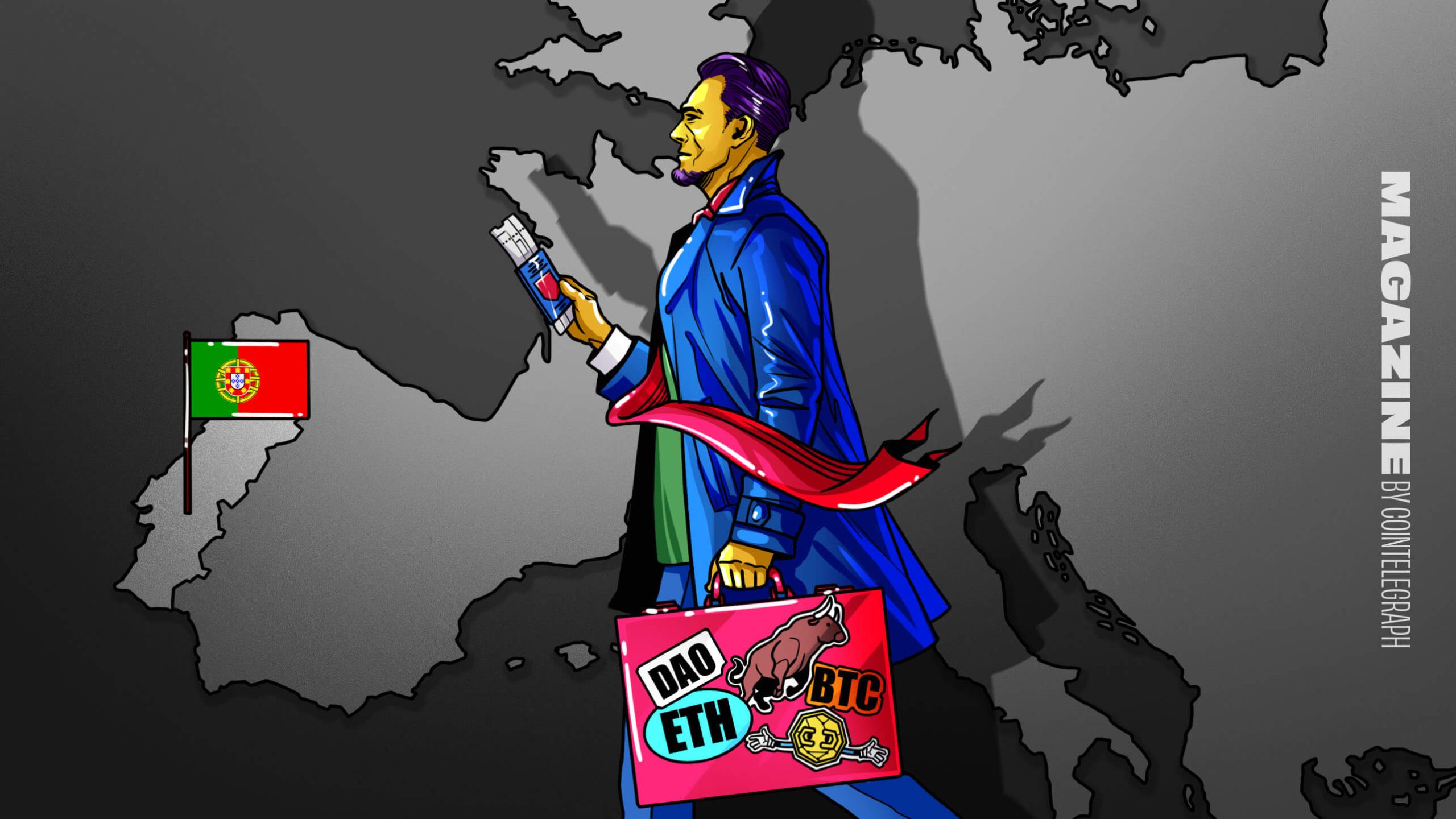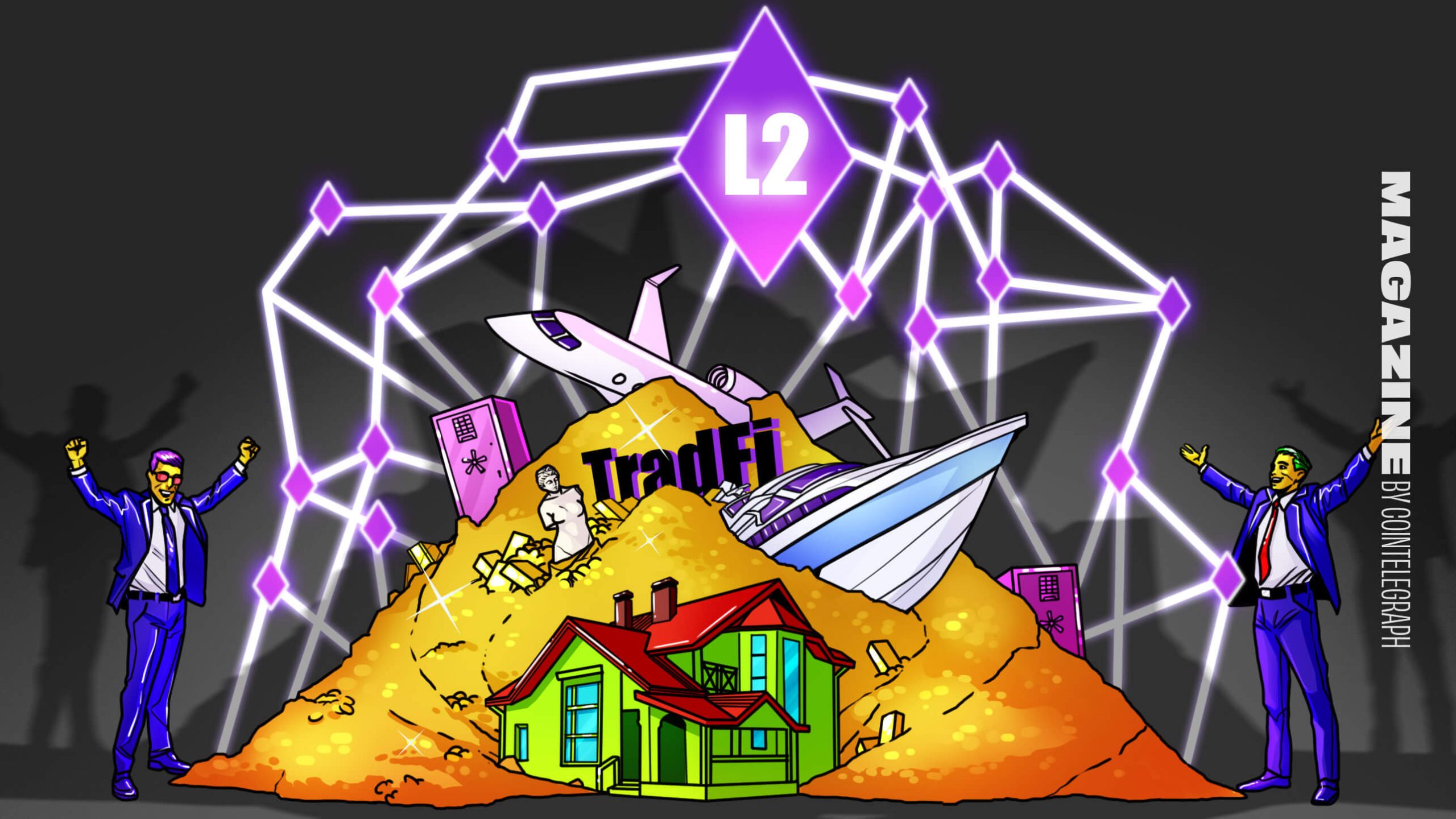After the latest OkX debacle [https://www.reddit.com/r/OkX_WithdrawalHell/], I've been doing more research into DEX's. As a trader, it's very underwhelming to see the DEX options for risk management. Is there something I'm missing or another way to do this?
Task: manage risk in fiat terms on your holdings - capture moves up, prevent large drawdowns
Storage: coins (stable or spot) stored offline on L1 until ready to swap
Solution 1: To swap between spot and stablecoin with your holdings while managing risk (having an invalidation point), stop orders are required. It's unfeasible to watch the screen every second of every day that you are in a position
- Zero (yes zero) of the top Dex's in 2023 have stop functionality
- Dexible [https://dexible.substack.com/p/why-has-no-one-created-a-stop-loss] did create a stop loss mechanism, though was hacked in February
- Very few dex's even have basic limit orders. Here are the ones I can find that do, but I have no idea how safe the contracts are:
- https://app.drift.trade/
- https://app.bogged.finance/bsc/trade?type=stop&tokenIn&tokenOut=BNB
- https://apy.plasma.finance/#/hyper-dex/limit
- https://jup.ag/limit/SOL-USDC
Solution 2: Stay in a stablecoin at all times, unless in bull market. Anytime you predict a bear market rally, you use a small amount of your holdings with leverage to get the desired exposure that you want from being in spot, but without converting everything.
- GMX, Kwenta, Dydx, and gains.trade are four Dex's that seem well utilized with this ability
- However you still have contract risk and execution risk with them
- You also have to trade on a less proven L2 network, or pay large gas fees per trade
But if you're doing option 2, your counterparty risk is already (relatively) small. I don't see the advantage of using a DEX
In summary, while you are making a trade or awaiting a fill,
DEX's:
- pose contract risk wherein your funds for trading can be entirely lost if anyone discovers a vulnerability in the contract
- have no ability to risk manage your positions
- utilizing between multiple chains increases risk of mistakes and other vulnerabilities/points of failure, whereas staying on Eth requires large gas fees per trade
CEX's:
- pose counterparty risk, but in return you get functional risk management, and many of them also protect your funds with some offline or multi-approval mechanism for authorizing withdrawals so they can't be entirely drained by one hack
Conclusion:
With both a CEX and a DEX, if you withdraw your funds after executing a trade, you have the same $ "at risk" for the same amount of time.
If you can use a trustworthy CEX without KYC, I do not see a viable argument for how a DEX is safer, and certainly not easier or cheaper, all things considered. The "safe" (well utilized) dexs have less or no risk management options, whereas the more functional dex's have non-trivial contract risk.
Dear r/CryptoCurrency members, your input or feedback on this conclusion is much appreciated!
[link] [comments]

You can get bonuses upto $100 FREE BONUS when you:
💰 Install these recommended apps:
💲 SocialGood - 100% Crypto Back on Everyday Shopping
💲 xPortal - The DeFi For The Next Billion
💲 CryptoTab Browser - Lightweight, fast, and ready to mine!
💰 Register on these recommended exchanges:
🟡 Binance🟡 Bitfinex🟡 Bitmart🟡 Bittrex🟡 Bitget
🟡 CoinEx🟡 Crypto.com🟡 Gate.io🟡 Huobi🟡 Kucoin.




















Comments